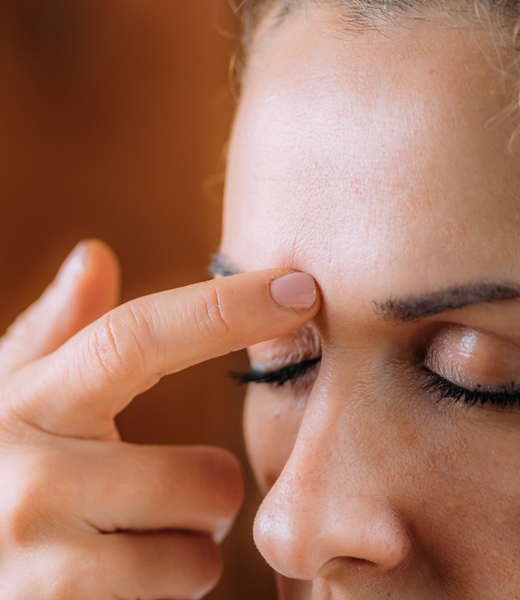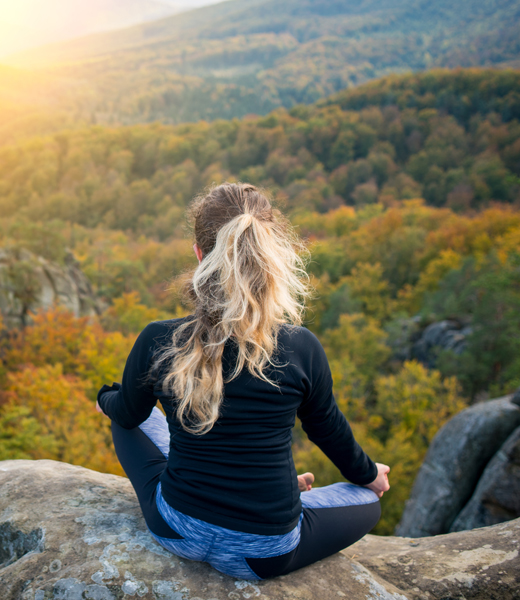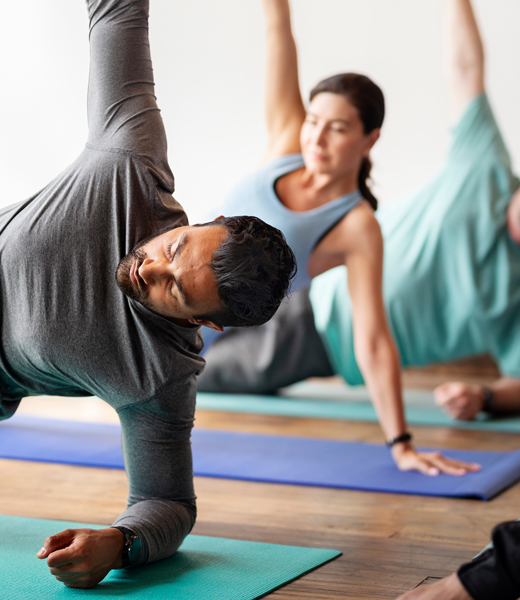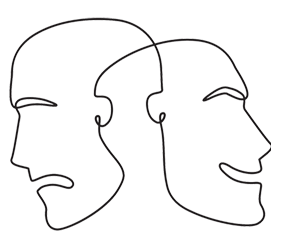Mind, Body, & Soul
Physical activity can reduce stress in the body.
Physical Activity and Stress Relief

overview
Exercise & Stress Management
Almost every sort of physical activity can serve as a stress reliever. Physical activity can increase your feel-good endorphins and divert you from your daily concerns.
You are aware that physical activity is beneficial to your health, yet you are too busy and stressed to fit it into your schedule. When it comes to exercise and stress, there is good news.
Just about any sort of exercise, from aerobics to yoga, can alleviate stress. Even if you are not an athlete or are out of shape, a small amount of exercise can have a significant impact on your stress management. Learn the relationship between exercise and stress alleviation, as well as why exercise should be incorporated into your stress management strategy.
Physical Activity and Stress Relief
Exercise improves your overall health and sense of well-being, which gives you more daily vigor. However, exercise also provides direct stress-relieving advantages.
It increases your endorphins. Regular exercise may increase the production of endorphins, the brain's feel-good chemicals. Although this function is commonly referred to as a runner's high, any aerobic activity, such as a spirited game of tennis or a trip in the woods, can contribute to this sensation.
It alleviates the adverse consequences of stress. Exercising can provide stress reduction while simulating the impacts of stress, such as the fight-or-flight response, and allowing the body and its systems to practice coping with these effects. This can also have beneficial impacts on your cardiovascular, digestive, and immune systems by protecting your body from the negative consequences of stress.
It's a moving meditation. After a vigorous game of racquetball, a lengthy walk or run, or many laps in the pool, you may find that you have forgotten the day's annoyances and are focused solely on your body's activities.
As you manage to frequently release your everyday tensions through movement and physical activity, you may find that the subsequent energy and optimism can help you remain calm, clear, and focused in all of your endeavors.
It elevates your spirits. Physical activity can boost self-confidence, enhance your mood, help you relax, and reduce moderate depression and anxiety symptoms. Additionally, exercise can enhance sleep, which is frequently disturbed by stress, despair, and worry. All of these benefits of exercise can reduce your stress and give you a sense of control over your body and life.
Let's Talk
You will receive a 15 minute phone call from our group leader, as an introduction to the program and to discuss suitability. This is free and without obligation.


















